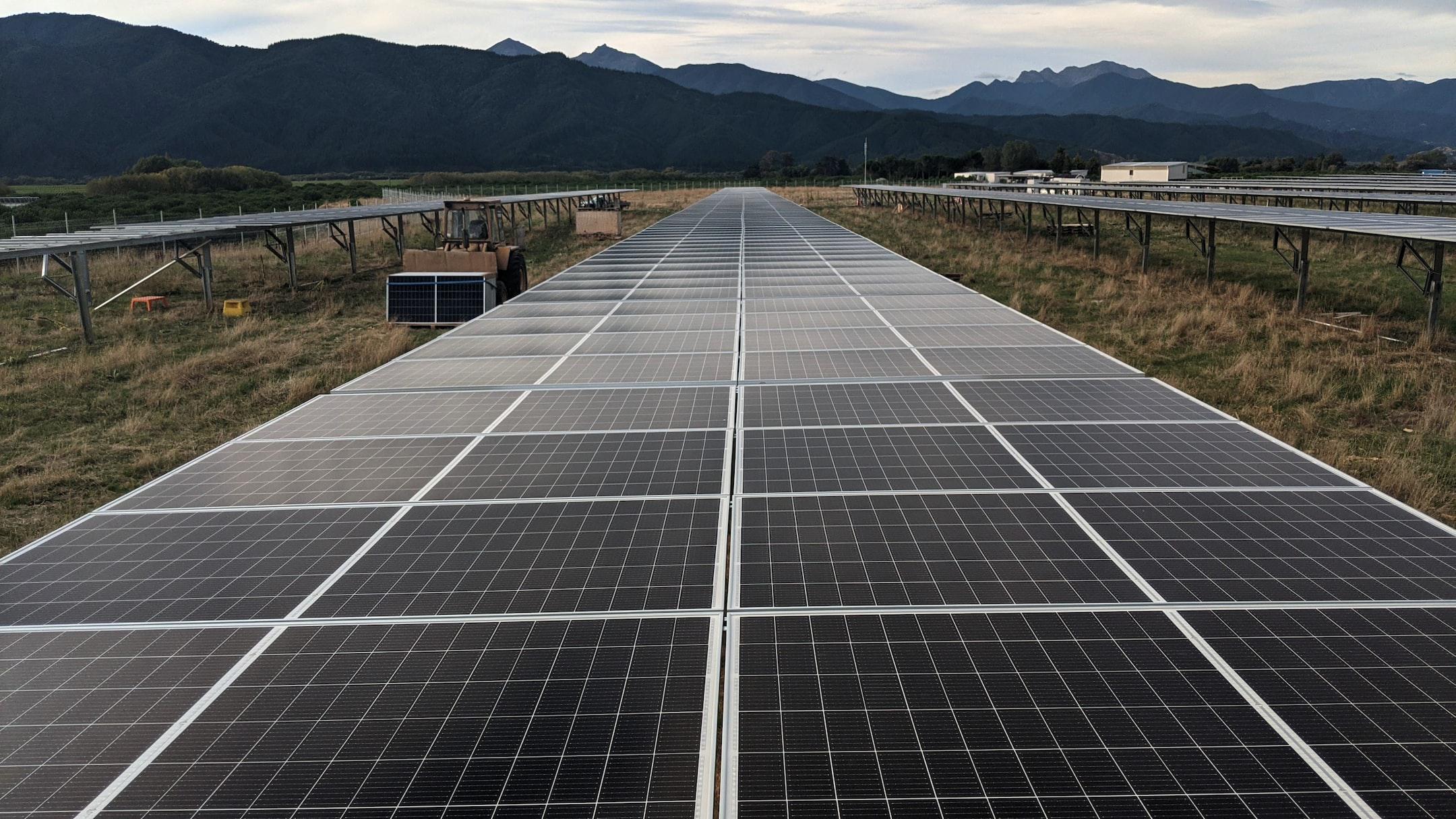
The use of solar energy has been on the rise across the country. That's because it's a fantastic source of clean, renewable energy, and as the technology has become more advanced, it's become both more efficient and affordable.
Despite the growth in popularity, there's still one common question many prospective solar energy users have: how long do solar panels last? The answer to that question depends on various factors, but this guide will help you understand the life expectancy of most solar panels.
Lifespan of the average solar panel
The simplest answer to the question of "how long do solar panels last" is 25 to 30 years. That is the current industry standard, and most reputable manufacturers will provide a warranty for the equipment for that 25-year production expectancy.
However, even with sustained maintenance on your part, at some point, the technology will start to diminish and degradation will kick in. Degradation is the process where your solar panels will become less efficient, and several factors can cause it to kick in at a faster rate.
Factors that affect how long solar panels last
Light induced degradation
During the initial exposure to sunlight, a solar panel experiences a power stabilization phenomenon called light induced degradation (LID). Essentially, the solar panel can lose 2% to 3% of its rated wattage (Wp) during the first few hundred hours of use. This reduction in output continues, albeit at a slower rate, over the panel's life cycle.
Potential induced degradation
Potential induced degradation (PID) doesn't affect every single solar panel, but it has the chance of affecting the productivity of one installed on your property. PID occurs when different components operate at different voltages, such as a photovoltaic cell and the frame. That difference can create a voltage leak, reducing the amount of electricity the panel produces.
Age related degradation
As with any technology, solar panels eventually fail due to age, and since solar panels are exposed to the elements, this can significantly impact how long your solar panels last. Events like heavy rainfall, snow, ice, and drastic temperature variations can lead to numerous issues that affect productivity, such as the hardening of the crystalline silicon, erosion of the frame, and cell contamination.

Tips for prolonging the lifespan of your solar panels
Work with a certified installer
The initial setup of your system plays a vital role in how long your solar panels last. If installed poorly, it won't operate at peak efficiency and can make you feel like you must replace it sooner. Working with a company with certified installation experts ensures the system is set up correctly the first time so you can enjoy clean energy production for decades.
Get a high-quality system
Not all solar panels are created the same. Certain companies have managed to build more durable and efficient systems, so making the initial investment in a quality system is an easy way to ensure your system lasts longer. Luckily, numerous tax incentives available at both a state and national level can help offset the costs of investing in a longer-lasting system.
Do the necessary maintenance
If you're concerned about how long your solar panels will last, you should stay on top of their maintenance. Luckily, they don't require too much work to remain efficient. Simply keep it clean of any build-up of dust or debris, and have an expert regularly check the connections, cabling, and inverters to ensure it's still operating efficiently.
Are you ready to invest in green energy?
Then reach out to the team at Green Home Systems. As one of the nation's leading solar panel installation providers, we've made it our mission to make it as easy as possible for you to convert your property to solar. We only work with the industry's leading providers, so you can have peace of mind knowing your system can provide all the energy you need now and well into the future. Learn more about our different types of installations, or contact us online to set up your consultation.